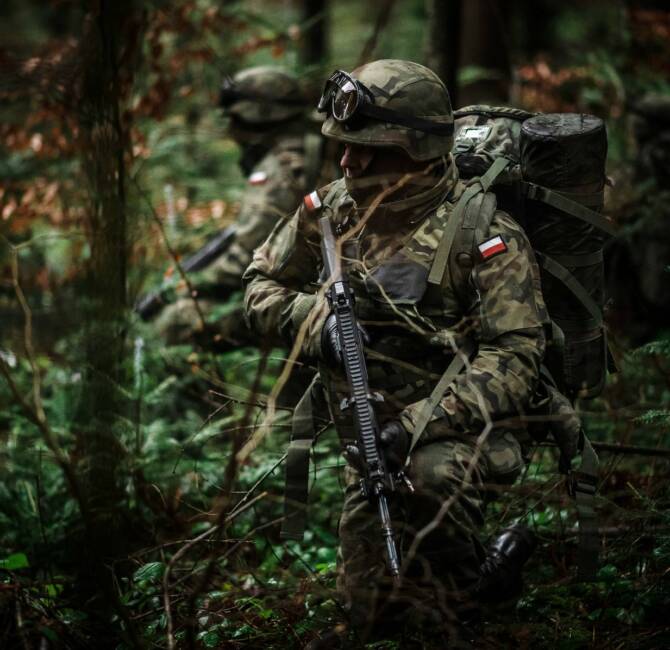Czechia – In a video posted on his Facebook account on November 5, which the German and Czech press have both commented on, Czech Prime Minister Petr Fiala offered concrete examples of food products that cost more in Czechia than in neighbouring Germany.
Fiala has been campaigning for lower food prices in his country. This time he went shopping in the small Upper Palatinate (Bavaria) town of Waldsassen, five kilometres from the border, before doing the same in the town of Cheb, on the Czech side. His groceries included ketchup, chocolate, butter, Coca-Cola, eggs, milk, tomatoes, and Nutella.
“In the Czech Republic, everything is either more expensive or sold in smaller packages”
Fiala’s Bavarian shopping spree cost exactly 492 crowns (20 euros), while the same products (either identical or comparable) – in some cases packaged with smaller quantities – cost him 552 crowns (22.40 euros) in Czechia, which is 12.2% more. The Czech prime minister concluded that “In the Czech Republic, everything is either more expensive or sold in smaller packages”.
As Germany’s Bild pointed out, many Czech consumers in the border regions have changed their habits: “More and more Czechs do their shopping in Germany”, notes the newspaper.
As Czechia’s Novinky points out, according to official Eurostat data for the end of 2022 the level of food prices for the whole of Czechia was valued at an index of 97, while it was 107 in Germany (an index of 100 corresponds to the average European Union food prices).
Cheaper prices in Germany, Poland, and Slovakia
In practice, however, as the Czech Prime Minister demonstrated in his video, European statistics do not always match people’s experiences. Novinky also looked into the situation for other products and found, for example, that an Idanäs bed cost 12,210 crowns (495 euros) at Ikea in Slovakia, but 15,990 crowns (649 euros) in Czechia, and that mouthwash costs half as much in a Polish pharmacy as in a Czech one.
Catch-up operation
This communications operation marks the centre-right government’s desire to improve its economic image as the campaign for the June 2024 European Parliament elections draws closer. A staunch supporter of Ukraine and the sanctions against Russia, Petr Fiala’s government has been heavily criticized for the consequences of this geopolitical choice, namely a considerable rise in energy prices for private individuals and a significant increase in inflation for more than a year, making the Fiala government the most unpopular in ten years – that is, since the crisis of 2013, when a corruption scandal forced the government to resign.
But these price differences are not limited to Czechia and are not new this year. They are part of structural problems in the European markets.




